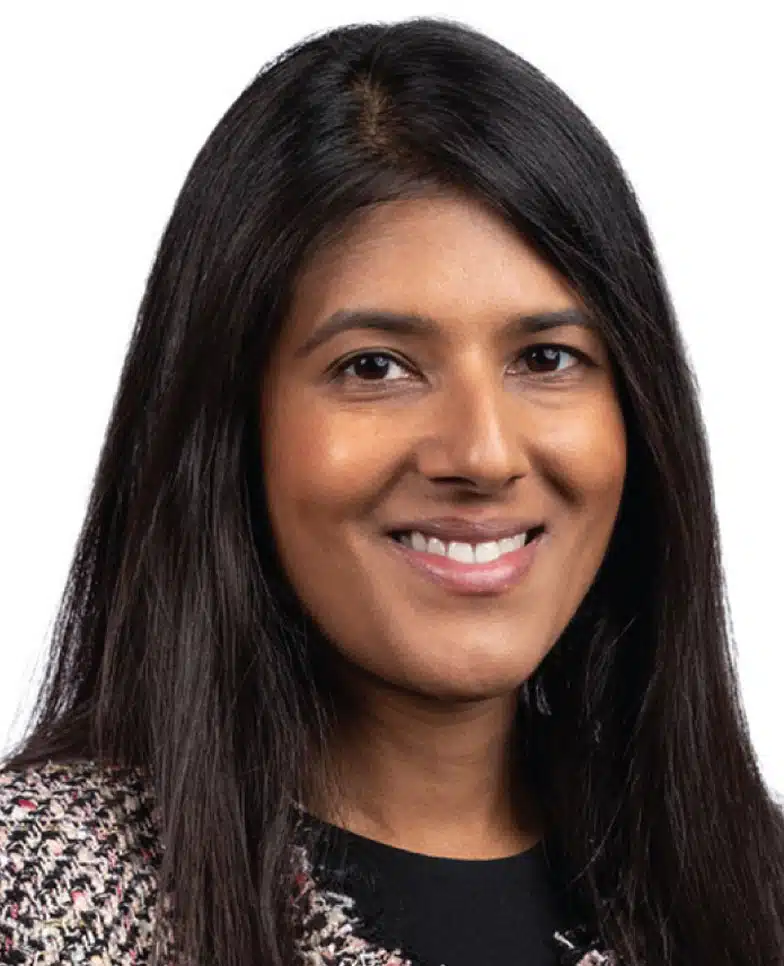Top Docs Q&A: Dr. Mansi Parikh, MD

Glaucoma/General Ophthalmology
Eye Care Center of Northern Colorado, PC
EDUCATION: Jefferson Medical College
BOARD CERTIFICATION: Opthalmology
Q: What interested you in ophthalmology versus other areas of medicine?
A: My grandmother unfortunately had quite advanced macular degeneration at a time when there were few good treatments. I watched her lose her independence due to vision loss when I was quite young, and it made me very sensitive to vision related problems. Working in a field that helps people maintain and improve their quality of life is very rewarding.
Q: You taught and worked at the Oregon Health and Sciences University for eight years. What did you…
THIS ARTICLE IS FOR SUBSCRIBERS ONLY
Continue reading for less than $3 per week!
Get a month of award-winning local business news, trends and insights
Access award-winning content today!
